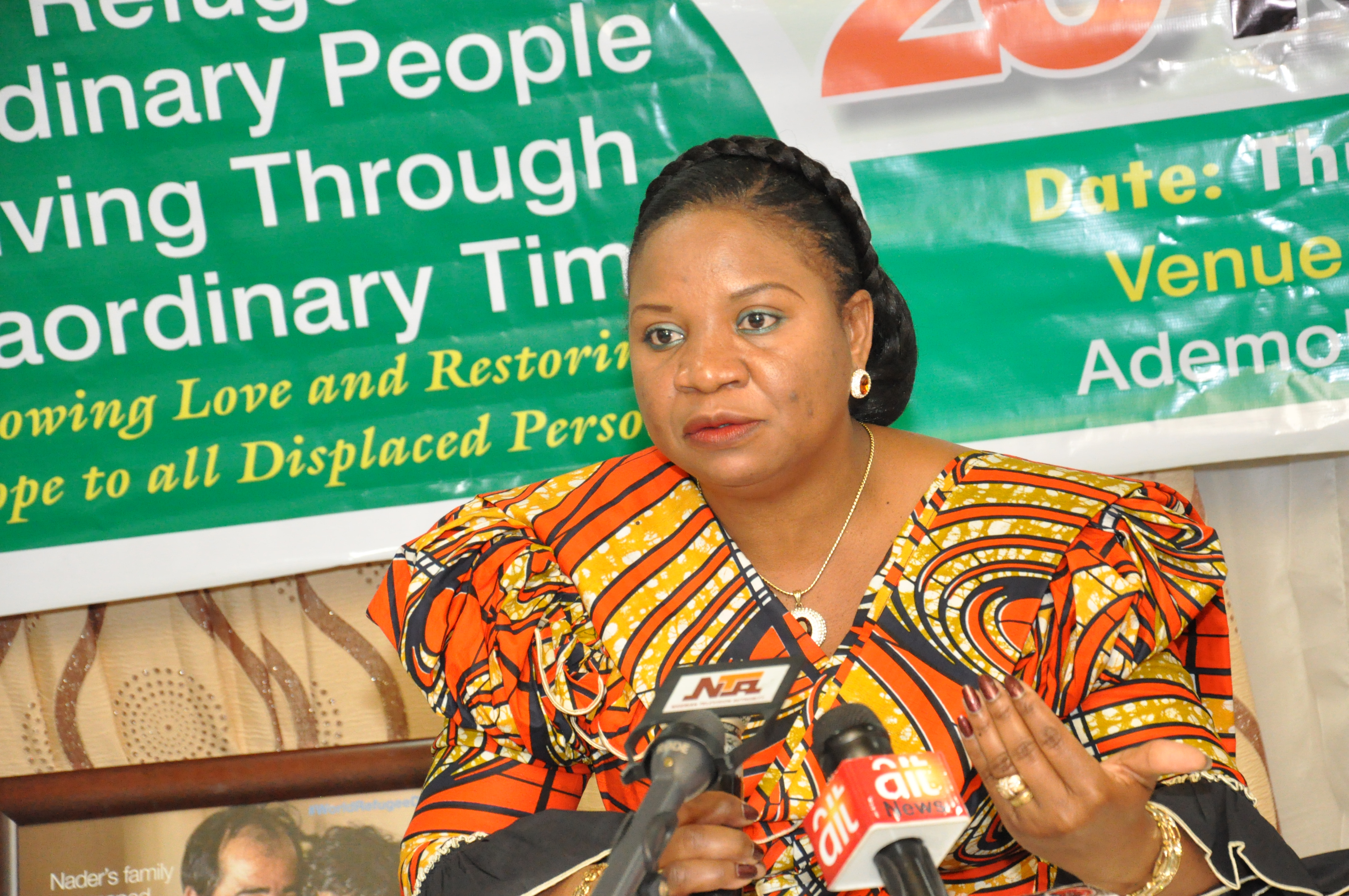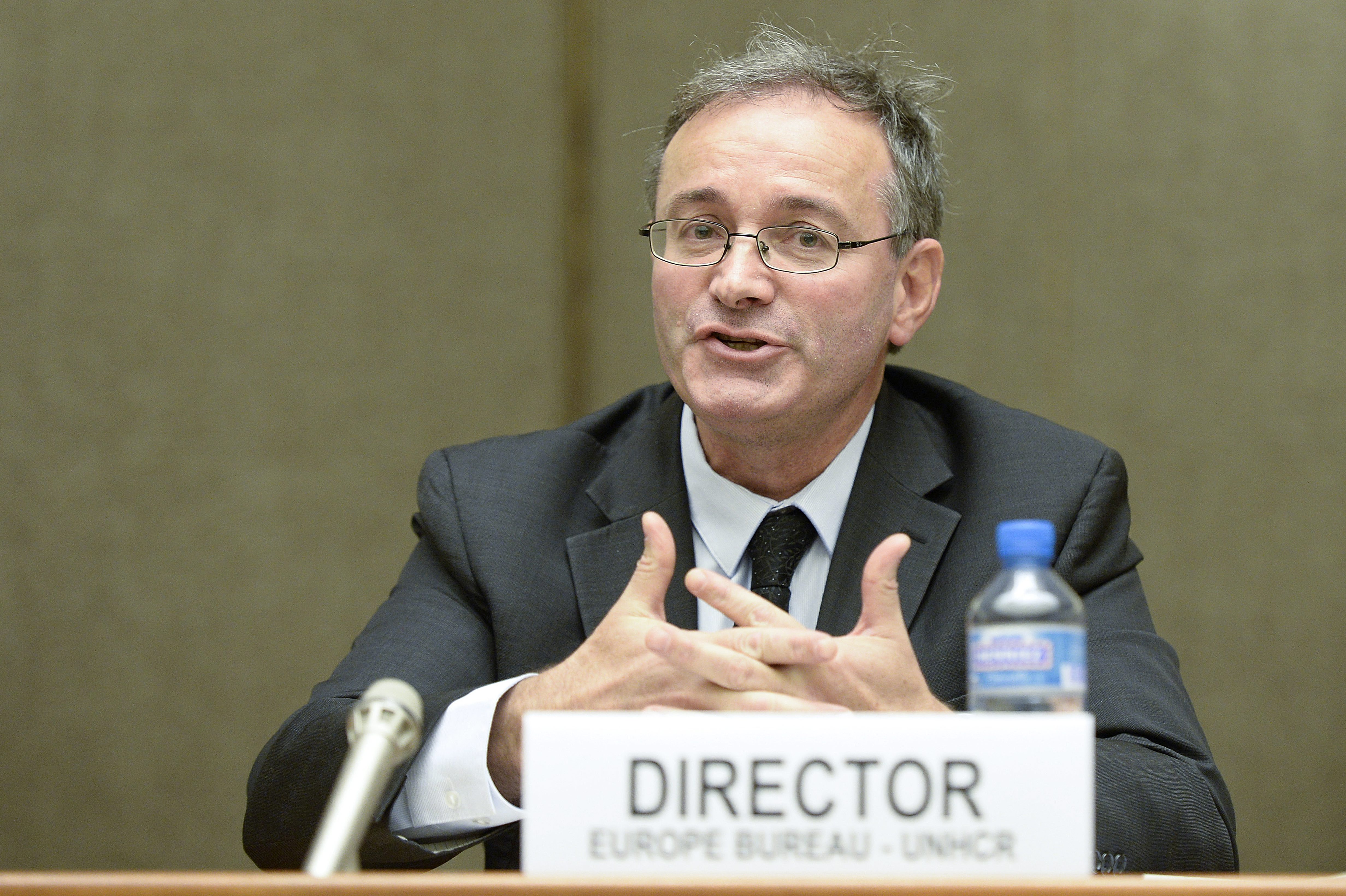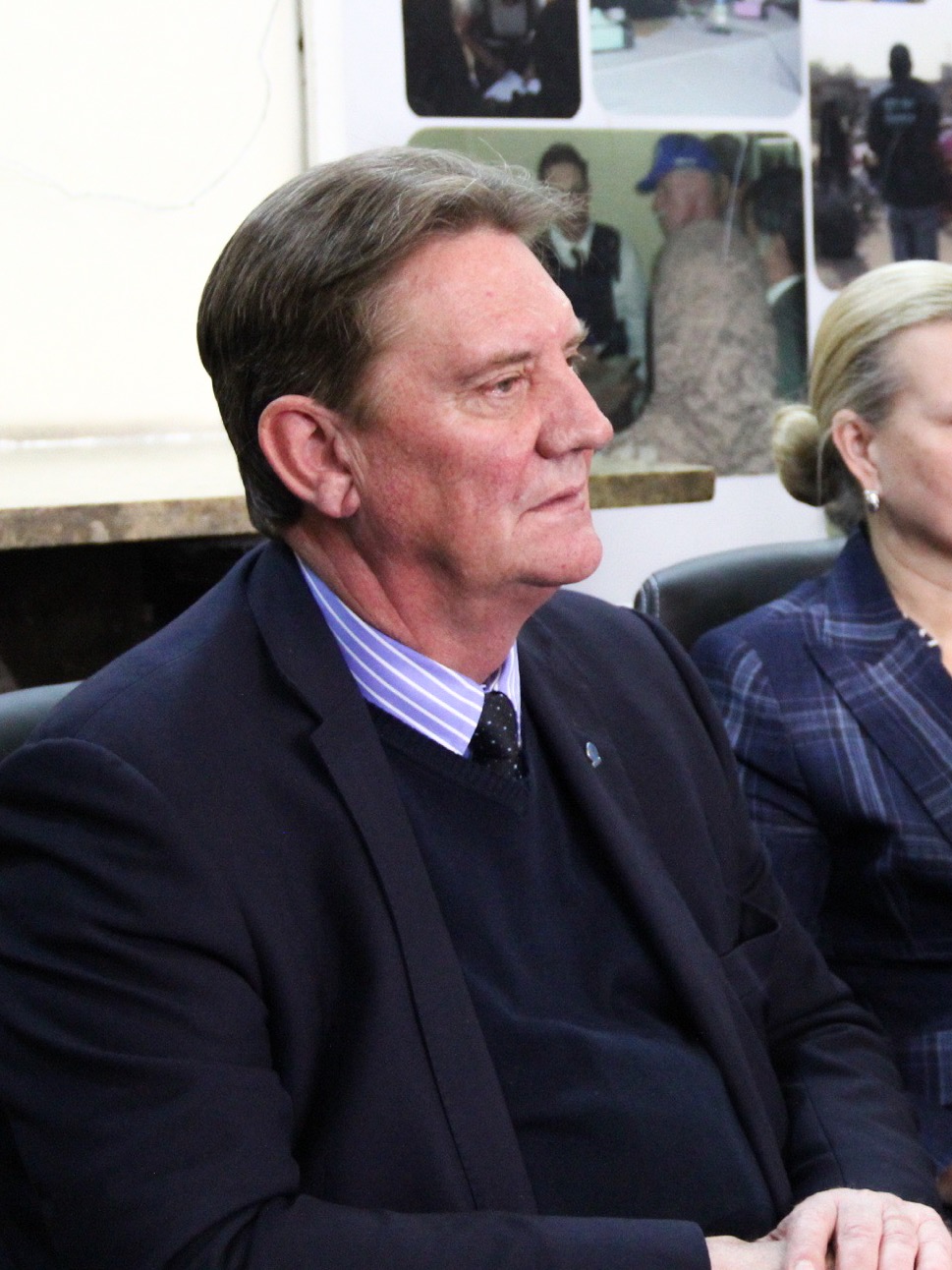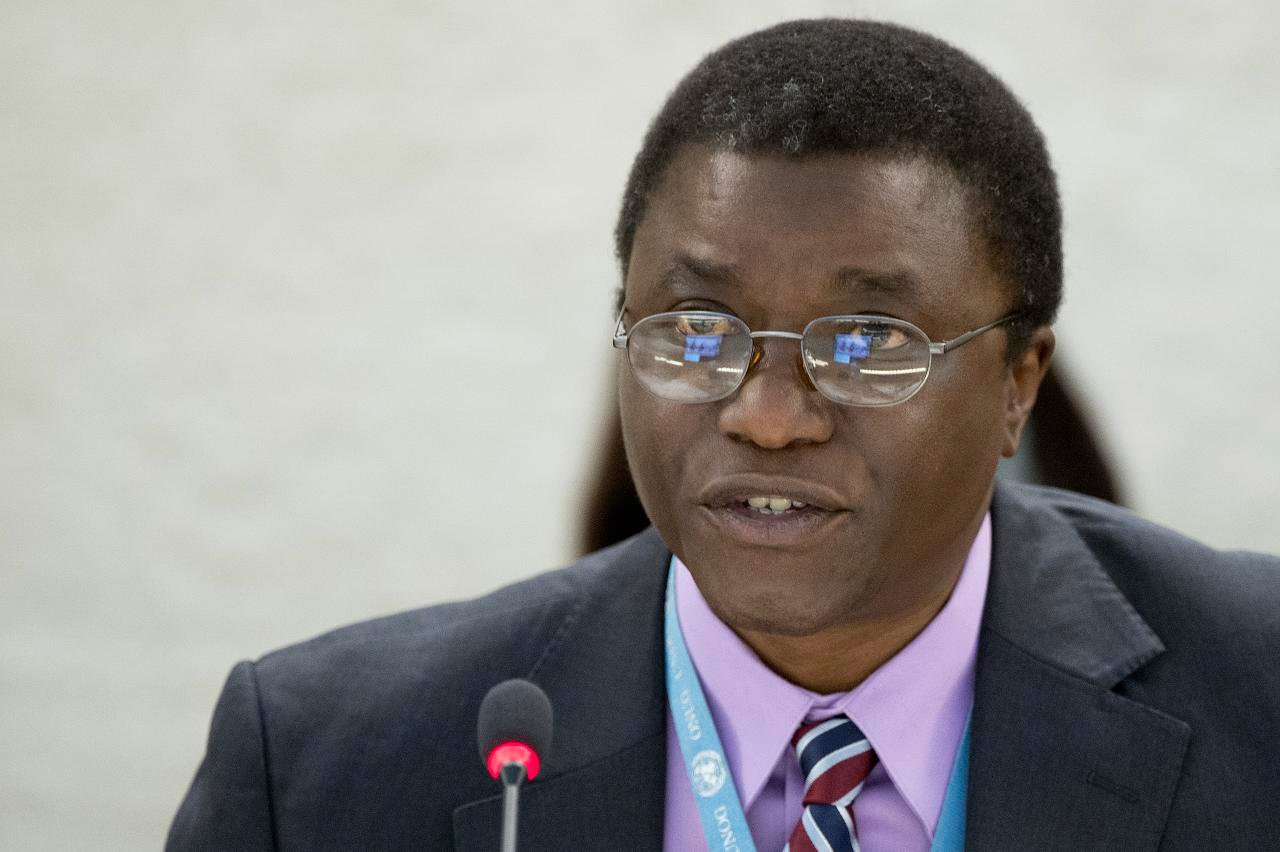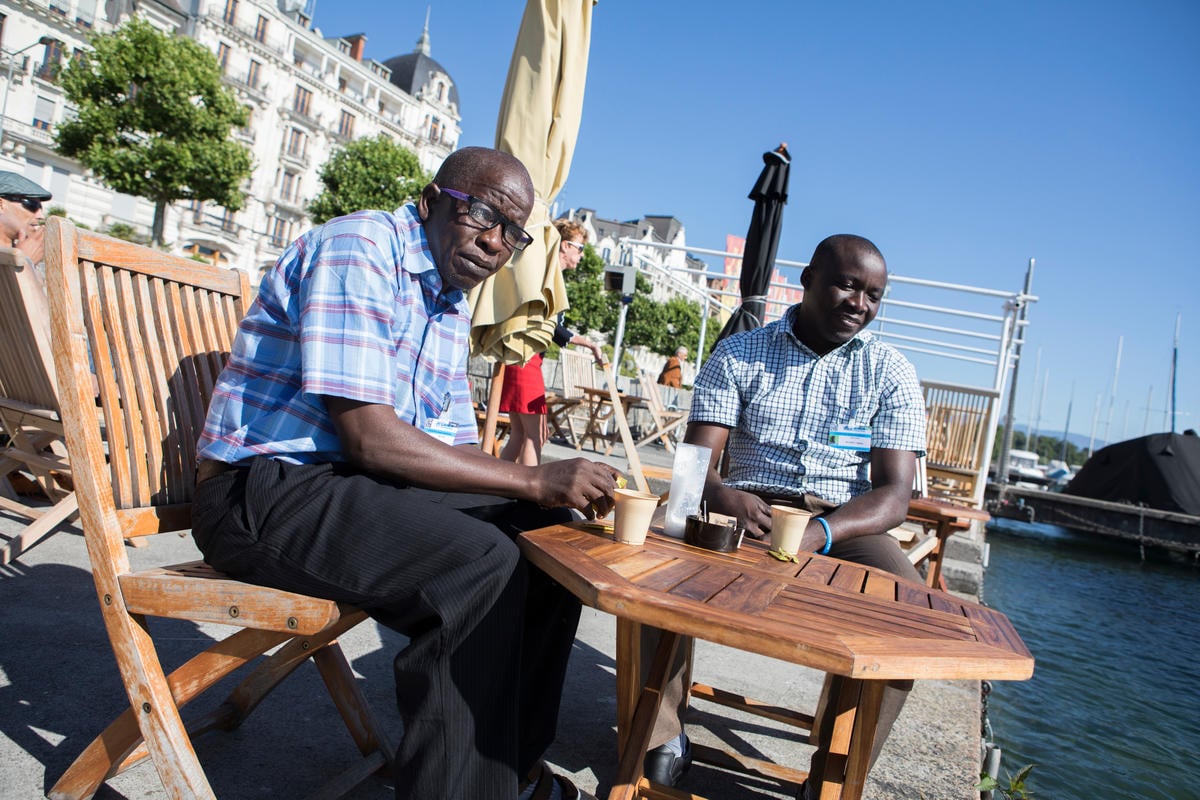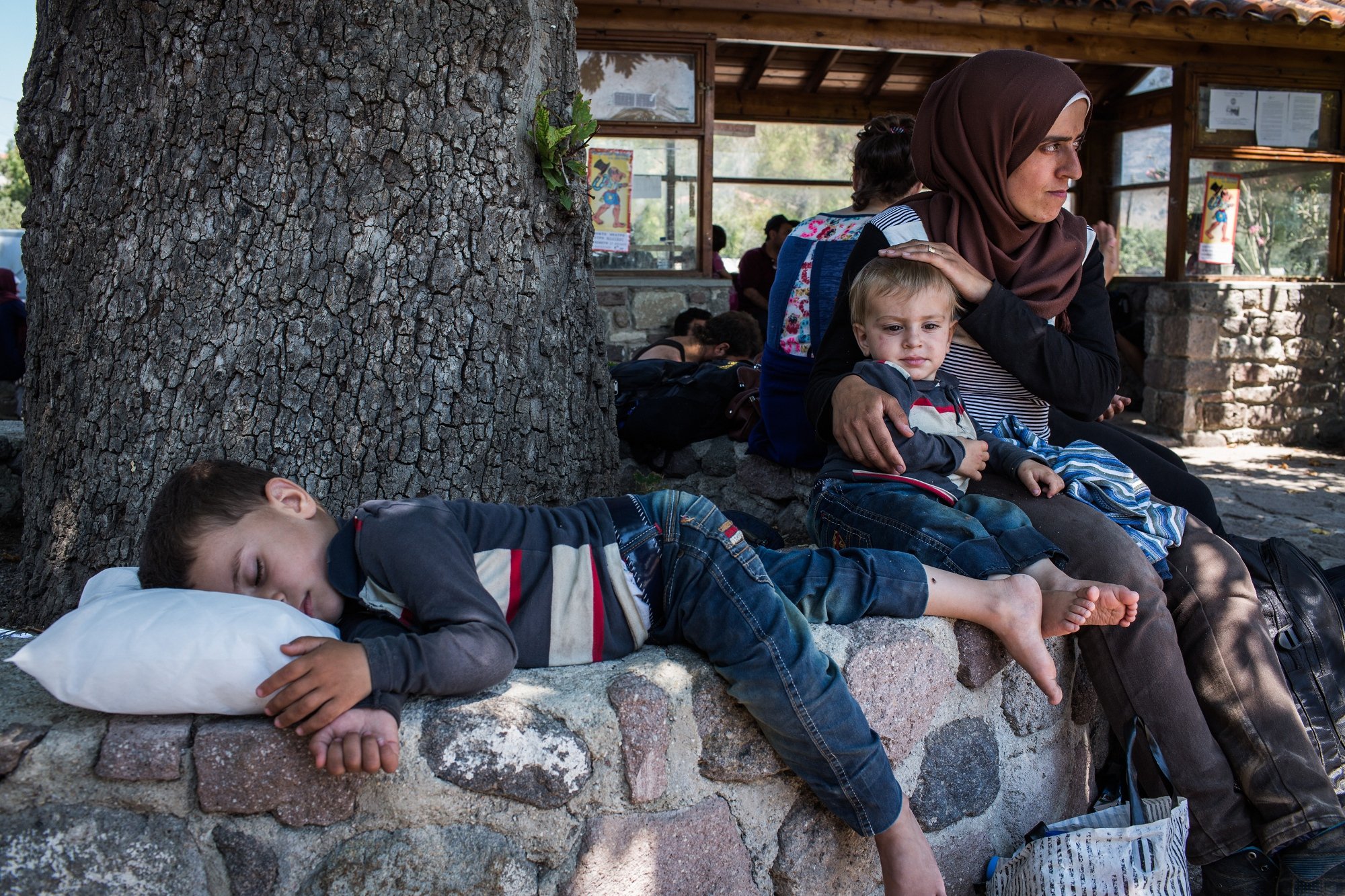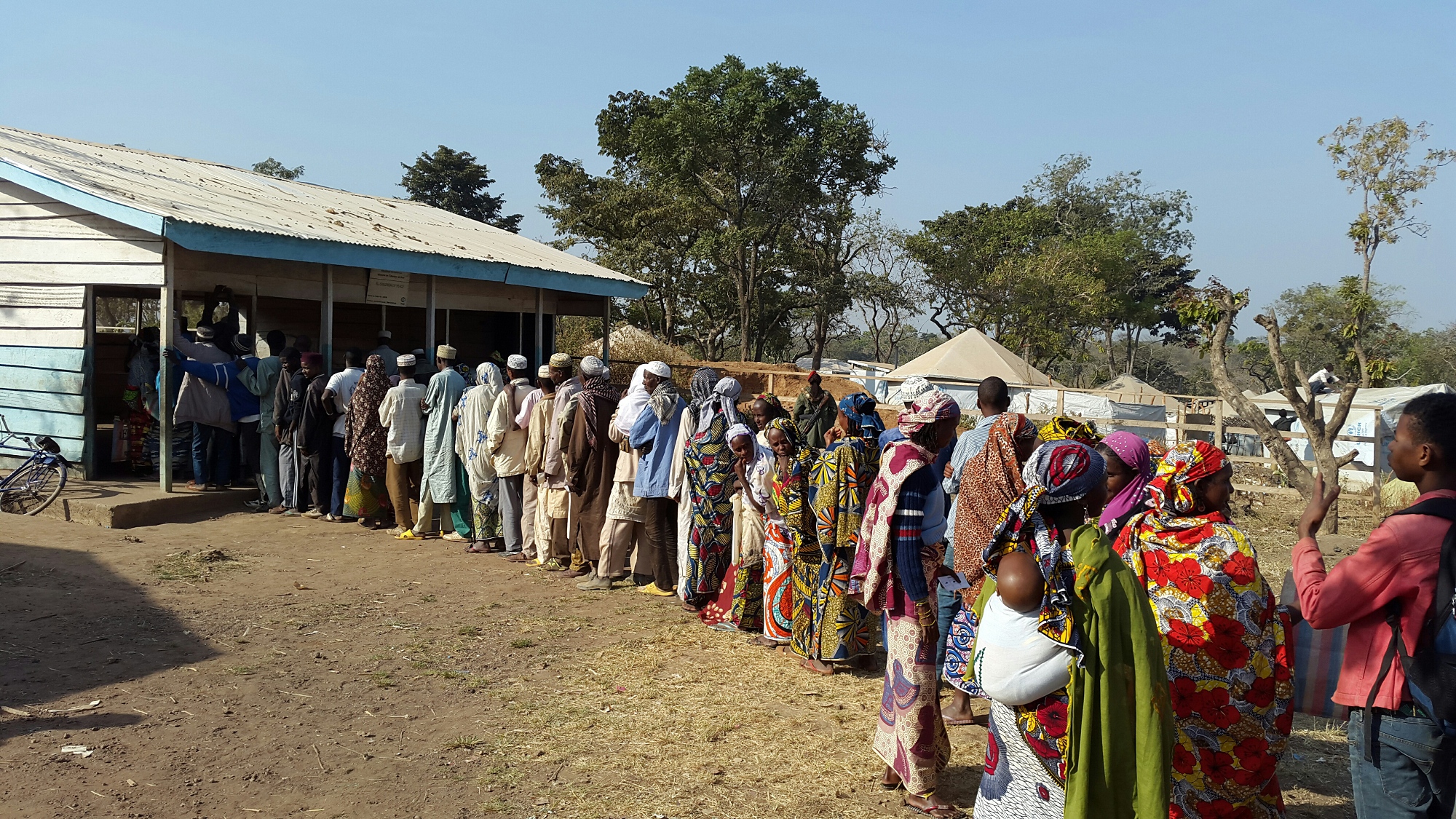Q&A: Rose Mapendo draws on her traumatic life to help others
Q&A: Rose Mapendo draws on her traumatic life to help others

WASHINGTON D.C., United States, January 23 (UNHCR) - In 1998, four years after the Rwandan genocide claimed the lives of nearly 1 million ethnic Tutsis and moderate Hutus, the Rwandan Tutsi army invaded the Democratic Republic of the Congo (DRC), triggering another wave of violence against Congolese Tutsis. Rose Mapendo and her husband, both Tutsis, were living with their seven children in the eastern DRC when the campaign against Tutsis began. She went through a terrifying ordeal and flight before being offered a new home in the United States, where she has become an inspiring advocate of peace and support for refugees. Rose, who lives in Phoenix, Arizona, recently spoke to UNHCR Senior Public Information Officer Tim Irwin in Washington. Excerpts from the interview:
As a result of the anti-Tutsi violence, you and your family were arrested in 1998. What happened?
The government sent policemen to my house. They where looking for my husband. After they left, I told my husband to go into hiding. I knew the situation was dangerous for men, but I didn't realize it would also be dangerous for women and children. Some time later, the military returned to my house and took us away on a truck to a prison camp.
What where the conditions like in the prison?
It was more like a death camp than a prison. I was there for 16 months. We were crowded into rooms with no doors and with guards always watching us. We weren't allowed outside. The men were killed quickly, including my husband. Many children died from cold, from sleeping on cement, from hunger. Every day they would come and take some people away and shoot them. I didn't realize when I was brought there that I was pregnant. When I gave birth I named my twins for the commanders of the camp, which is considered a great honour. Later, when the order came to kill all of us, the commander had me and my family transferred to another prison in Kinshasa [capital of the DRC]. Two weeks later I was sent to a protection centre run by the Red Cross.
From Kinshasa you were evacuated to Cameroon as part of a US government emergency programme to resettle Tutsi refugees from the Congo. What did you think about coming to the United States?
It was a tremendous happiness to know that I would be allowed to live with my kids, that we would not be killed. In the death camp we thought every day would be the last day. Every morning was like a gift. You cannot imagine how happy I was to know that I would be allowed to live like other people.
What challenges did you face on arrival in the United States in July 2000?
There were so many challenges! I couldn't speak English, I had no friends, I was a single mother with nine children in a new country. But I was so happy that I was in a safe place.
What is Mapendo International and what is your role?
Mapendo International works to help those whose lives have been destroyed by war and violence and who have been overlooked by existing humanitarian assistance. Its founder [Sasha Chanoff] was part of the rescue team that evacuated me to Cameroon. He asked me and the other refugees so many questions about our lives. Then he asked if he could name his organization in my honour. I believe he thought that, through my story, people would get a better understanding of what it means to be a refugee.
Since coming to the US you've been involved in a number of events to raise awareness of refugee issues, including the launch last month in New York of UNHCR's "Gimme Shelter" campaign. What motivates you?
Many people know about refugees from what they have seen on television or read in the newspaper. Because I have lived through it, I want to help them to see what refugees have gone through. I also want to remind them that refugees are just people like us. Because they are in a refugee camp doesn't mean they don't deserve happiness. We need to give refugees reasons to hope.
How are your twins who were born in the prison camp?
They're doing great. They are almost ten. They're in fourth grade. My oldest son is in college and my daughter is studying to be a nurse. I am so thankful for all the people who helped us and gave us hope. I came here as a widow without anything and now I can look at my kids and see they are successful like other children. It is a great joy and I thank the US government for what it's done for refugees.

